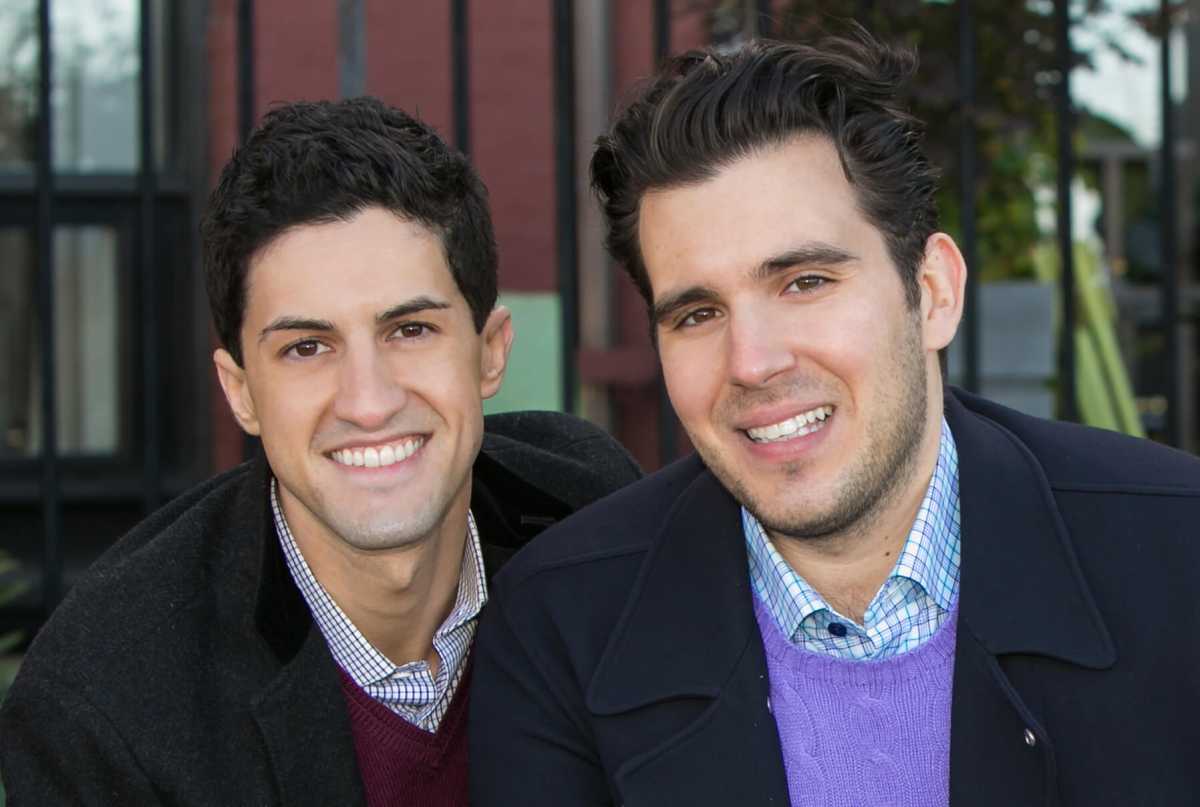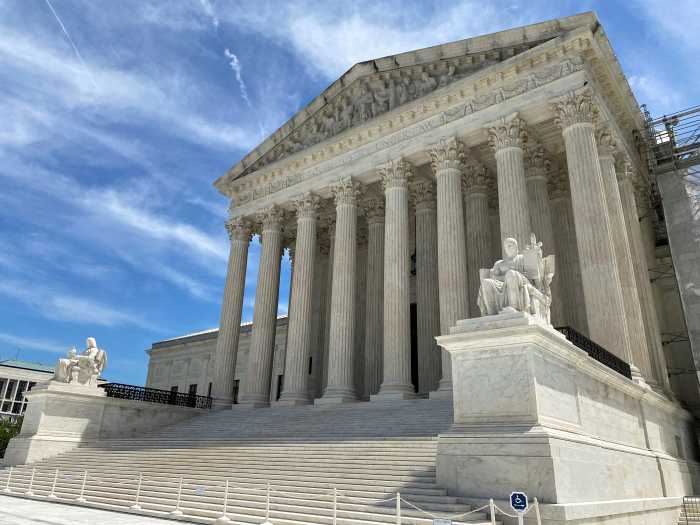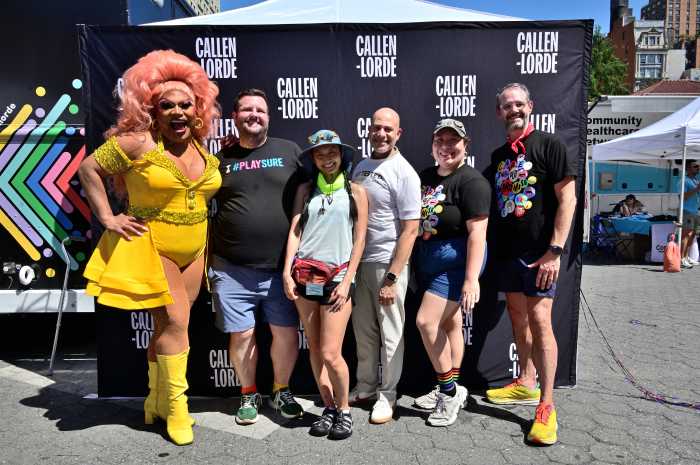A Brooklyn-based gay couple who filed a discrimination complaint against the City of New York two years ago after they were rejected in-vitro fertilization (IVF) services are back in court with a federal class action lawsuit accusing the city of violating the civil and constitutional rights of gay men across the city by denying them IVF benefits that are offered to straight couples, lesbian couples, and single women.
“The city’s healthcare plan has long provided IVF benefits to male and female employees and their partners in different-sex relationships, as well as single women and women in same-sex relationships,” states the suit, which was filed in the US District Court for the Southern District of New York. “But the city’s healthcare plan has categorically excluded gay male employees and their partners from receiving IVF benefits under the plan.”
The suit mentions both the current mayor, Eric Adams, and his predecessor, Bill de Blasio, as well as Office of Labor Relations Commissioner Renee Campion and the former commissioner, Robert Linn.
Corey Briskin and Nicholas Maggipinto, a married couple, sought to have a child via IVF through Briskin’s city health insurance plan — which covers hundreds of thousands of city employees and their dependents — when he was an assistant district attorney in Manhattan. But, the couple told Gay City News in a joint interview two years ago, they later learned that their insurance plan did not cover benefits “because we didn’t satisfy the definition of infertility.”
The couple said at the time that they could not afford the out-of-pocket expenses associated with IVF services. Briskin described his government salary as one that paid him only “a fraction” of the salaries of other attorneys who graduated with him.
They sought to rectify the issue diplomatically, but that went nowhere, forcing them to file a class action discrimination complaint with the Equal Employment Opportunity Commission (EEOC).
As the EEOC investigated the case, however, the couple became aware that the city covers IVF for other employees in the same situation as them: For example, when a male employee’s female partner is unable to produce viable eggs, the city will pay for the fertilization of the eggs the couple receive from a female donor, they said — and even in cases with females who are viable but not covered by insurance, the city will pay the costs of fertilizing her eggs. But when gay male couples attempt to seek to fertilize donated eggs, they are not covered.
This, the couple alleges, amounts to discrimination in violation of federal, state, and local anti-discrimination laws, in addition to the Equal Protection and Due Process Clauses of the United States and New York Constitutions. Even after filing the EEOC complaint, the couple says, the discriminatory policy continues. According to NBC News, the couple’s attorneys said an EEOC complaint is required, along with a six-month investigation, before advancing a lawsuit under Title VII.
New York has taken steps to make it easier for LGBTQ individuals to start families, including the state’s legalization of gestational surrogacy. A New York State Department of Financial Services directive from 2021 told insurers to “provide immediate coverage of diagnostic and treatment services… for the diagnosis and treatment of infertility (‘basic infertility treatments’) for individuals who are unable to conceive due to their sexual orientation or gender identity and are covered under individual, small group, and large group health insurance policies and contracts.”
Some members of the City Council seem to agree on the need for further reform. A City Council bill proposed in March by out Queens Councilmember Lynn Schulman and co-sponsored by nine others — including LGBTQIA+ Caucus Co-Chairs Erik Bottcher of Manhattan and Tiffany Cabán of Queens — would require the city to cover some or all of the costs of assisted reproduction without conditioning it on an infertility diagnosis or discriminating on the basis of marital or partnership status.
The plaintiffs, however, are hoping their case reverberates beyond the confines of the five boroughs. Their attorneys — Peter Romer-Friedman, who comes from a civil rights and class action law firm, and former general counsel of the EEOO David Lopez — hope that the case could mandate employers across the US to provide IVF benefits to gay male employees.
“Gay men are entitled to equal treatment in the workplace, including when employers like the City of New York offer IVF benefits to their employees,” Romer-Friedman said in a written statement. “The City of New York is treating gay men like second-class citizens when it comes to IVF benefits. While we’re prepared to fight as long as it takes to win equal treatment for gay male employees of the City of New York, we hope that the city’s leaders will work with us now to reform this discriminatory policy and ensure that all city employees and their partners can access IVF.”
A spokesperson for the mayor said the city would review the details of the complaint.
“The Adams administration proudly supports the rights of LGBTQ+ New Yorkers to access the health care they need,” the mayor’s office told Gay City News. “The city has been a leader in offering IVF treatments for any city employee or dependent covered by the city’s health plan who has shown proof of infertility, regardless of gender identity or sexual orientation.”


































